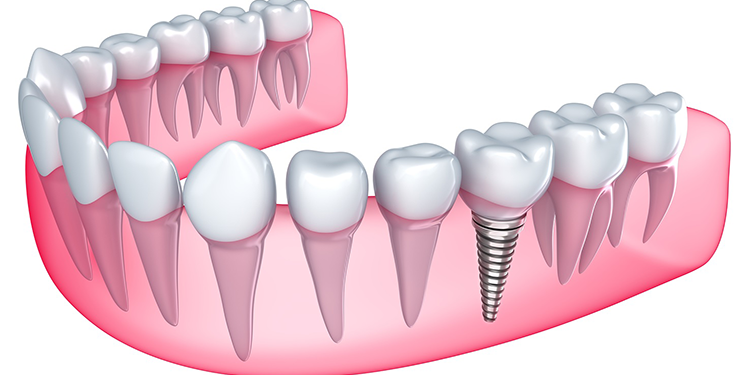Recovery Time After Skin Removal Surgery
In most cases, skin removal surgery does not involve any pain. Patients are given medications to help keep them comfortable during the procedure. Some procedures are performed under general anaesthesia while others use a combination of sedation and local anaesthesia. However, after the surgery, the patient may feel some discomfort. Afterwards, he or she may feel some residual soreness. The recovery time for skin removal surgery is generally one to two weeks. After the procedure, patients are required to follow post-operative instructions for a minimum of four weeks.
Following surgery, the affected area will be swollen and sore. Usually, the soreness will subside over a few weeks. The physician will prescribe specific medications to manage any pain, and he or she will provide you with instructions to help you recover. In most cases, the results of the surgery are worth the recovery period. While this procedure is a major undertaking, most people find that the results are well worth it.
Skin Cancer Recovery
While skin removal surgery may be painful, the recovery process is not very difficult. Typically, it takes a few weeks after the procedure, but it can be prolonged if it does not resolve. A few days after the procedure, patients can resume their normal activities. In addition, they will need to continue taking their medications, but it is usually not necessary. In general, recovering from skin removal surgery is relatively simple, but it is important to follow the surgeon’s instructions carefully.
While recovery time after skin removal surgery may be challenging, most patients find the results to be well worth it. Several weeks after surgery, patients will experience some swelling, soreness, and bruising. The pain and swelling should dissipate. If needed, the doctor can also prescribe prescription pain medication to help the patient manage the discomfort. He or she will provide specific instructions for healing after surgery. As a result, the new contours and youthful appearance make it worth the recovery time.
As with all cosmetic surgery, it is important to follow your doctor’s instructions. After completing the procedure, the skin may remain on your body, causing the resulting scars to remain visible. In many cases, the scarring from skin removal surgery will disappear in a few weeks. Nevertheless, it is crucial to keep the new contours in mind during your recovery. If your doctor deems that you need the procedure, make sure you talk with him before the procedure.
Things you need to now
Before the procedure, you should be prepared for a few days of recovery. In order to recover properly, you should take a couple of weeks off from your daily activities. The procedure will require a recovery time of about a month. After this period, you should avoid strenuous activities and continue taking blood-thinning medications. You should be able to walk and move around without pain or swelling. Your doctor should be able to tell you what kind of support you need in order to recover after the procedure.
Please visit: Best plastic surgeon in Lahore
After the procedure, you should prepare for a few days of recovery. You will need to take at least a week off from work or regular daily activities. It is important to have a supportive network, as the recovery may last up to several months. You should take a few weeks off from physical activities and refrain from exercising for four to eight weeks after the procedure. You should also take any medications that can cause bleeding and that is affecting your health.
It is important to note that skin removal surgery is not a single procedure. Rather, it is a combination of various cosmetic surgeries that target different parts of the body. For example, a Lower Body Lift can tone the thighs, buttocks, and abdomen. An Upper Body Lift can tone the back and arms and neck. Sometimes, patients also opt for additional cosmetic surgery, such as a full tummy tuck or vaginal rejuvenation.
Conclusion
Before undergoing skin removal surgery, you should discuss the risks with your doctor and document any medical conditions that may lead to a higher risk of bleeding. You should also be prepared for taking time off from work or other strenuous physical activity. This is because you will need to rest for a week or two after your surgery. If you have a history of bleeding disorders, you should also inform your doctor about your medical history. If you suspect that you have a weakened immune system, your surgeon will advise you on the best course of action.





